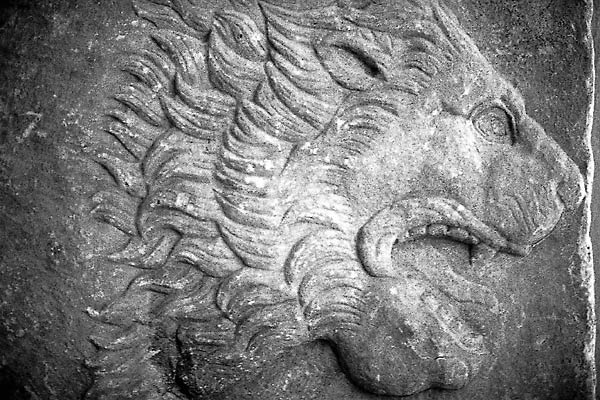Introduction - They Will Never See Our Blood
A thing that met with especial approval among them was their so‑called black broth, so much so that the older men did not require a bit of meat, but gave up all of it to the young men. It is said that Dionysus, the despot of Sicily, for the sake of this bought a slave who had been a Spartan cook, and ordered him to prepared the broth for him, sparing no expense; but when the king tasted it he spat it out in disgust; whereupon the cook said, "Your Majesty, it is necessary to have exercised in the Spartan manner, and to have bathed in the Eurotas, in order to relish this broth." - Plutarch, The Ancient Customs of the Spartans
Game 'Specs' and The Like
Spoiler Alert, click show to read:
It has been very often that I have had two AAR's running, almost in a pair, at the same time throughout my time here.
This is one such other time.
Along with my newly started What's In A Name?, and somewhat of a sequel to Sikelia; Island of Ares .
What is rather aggravating about the Spartans, as a writer, is the fact that this is the very thing preventing me from concocting a decent plot-line and so on. For example, they never really got outside their homeland until quite far into their history, they fought barely any wars because of the fear of losing too many men and therefore their 'walls' and so on. Then there are the Laws of Lycurgus, everything about avoiding contact with foreigners, no money and no going outside Lacedaemonia unless strictly allowed. These are however things that I wish to challenge and change in, what I hope, shall be a decent telling.
The afore mentioned Roman AAR, and this one, are my two new 'projects', moving through differing time-periods and eras and even familial lines, that I intend to work on until completion. That, my dear readers, is a blood-oath.
As for my choice of mod, well, its Hegemonia City-States, and I have not found a better mod to represent the state of the fifth-century Greek world. Next is my choice of person, and this tale shall be in the third, or near-enough third person, therefore a change from my usual first-person tales. Lastly, like my Roman AAR, I intend to extend this one with possibly shorter updates but of a higher quality than earlier attempts.
Few pictures (if any) and more words! That's the way I like it and that's the way it shall be.
- McScottish












 Reply With Quote
Reply With Quote














